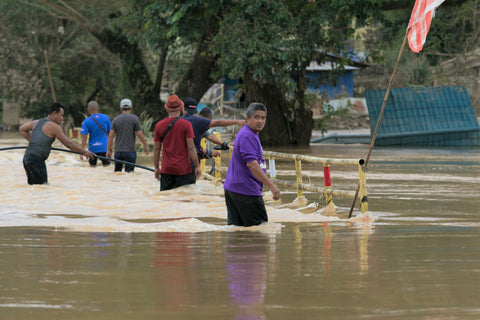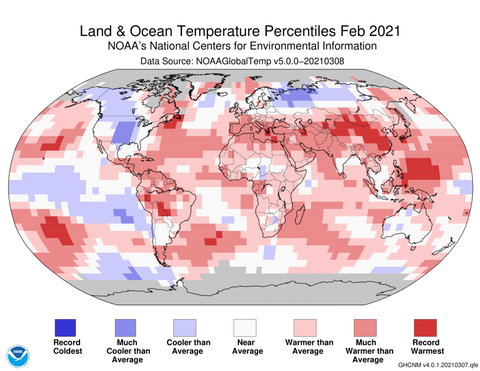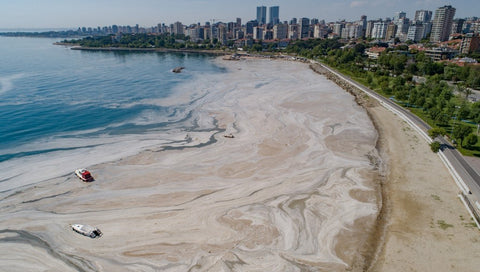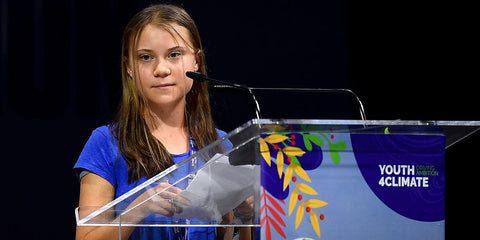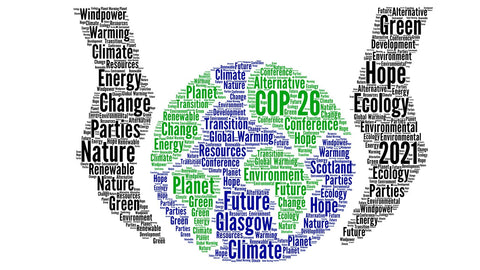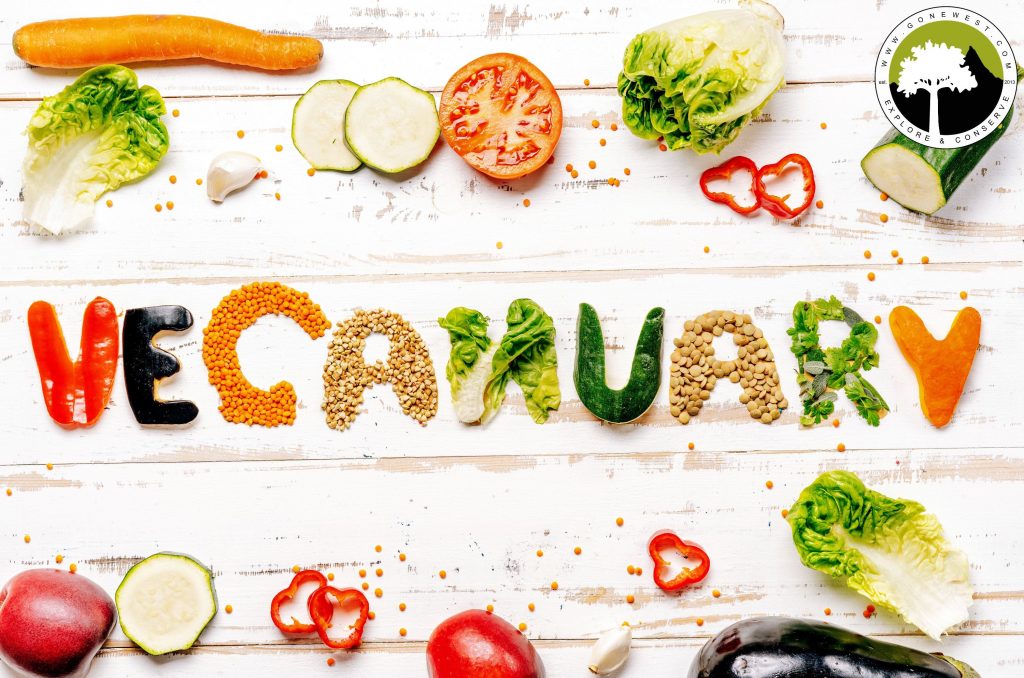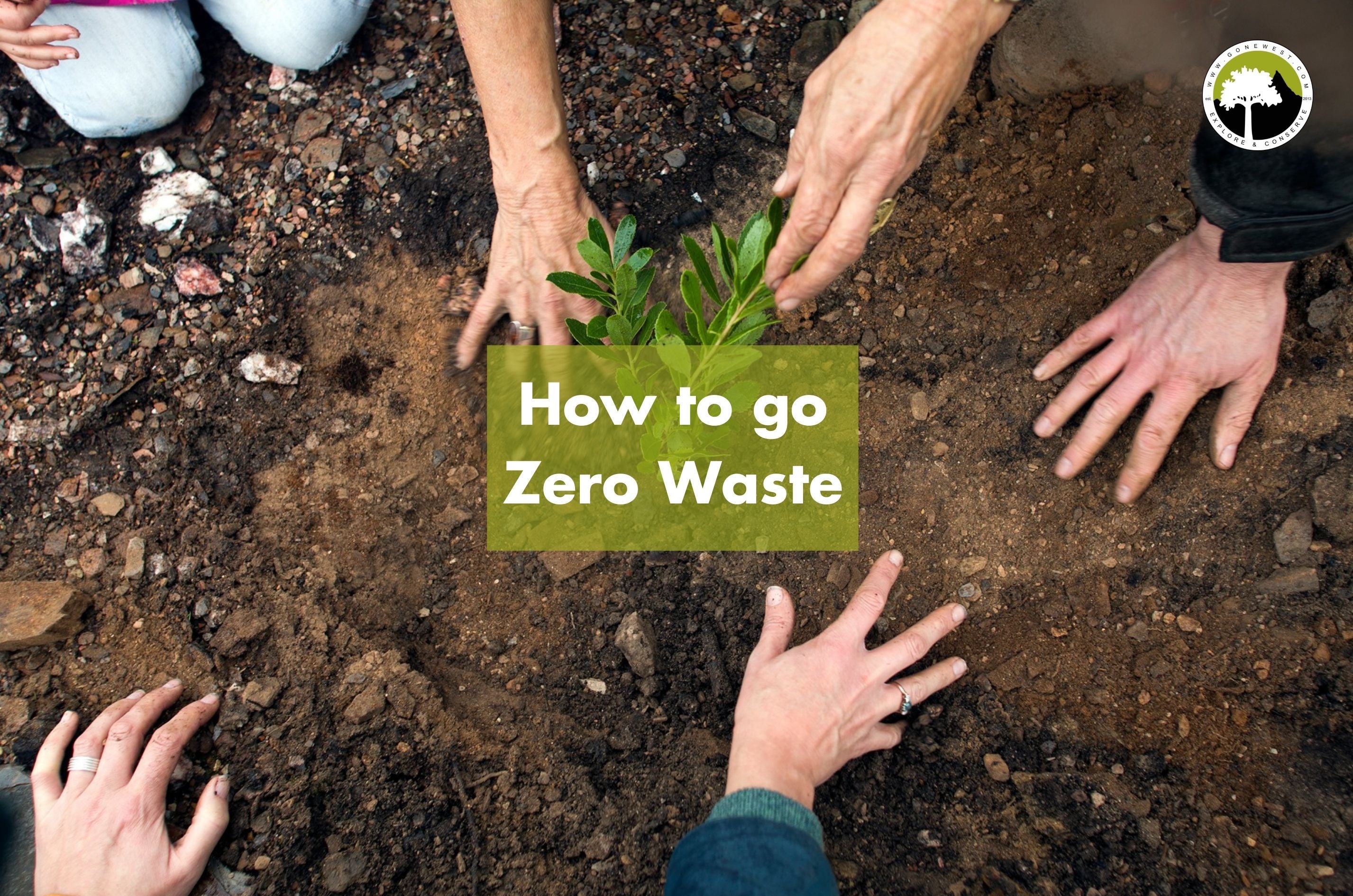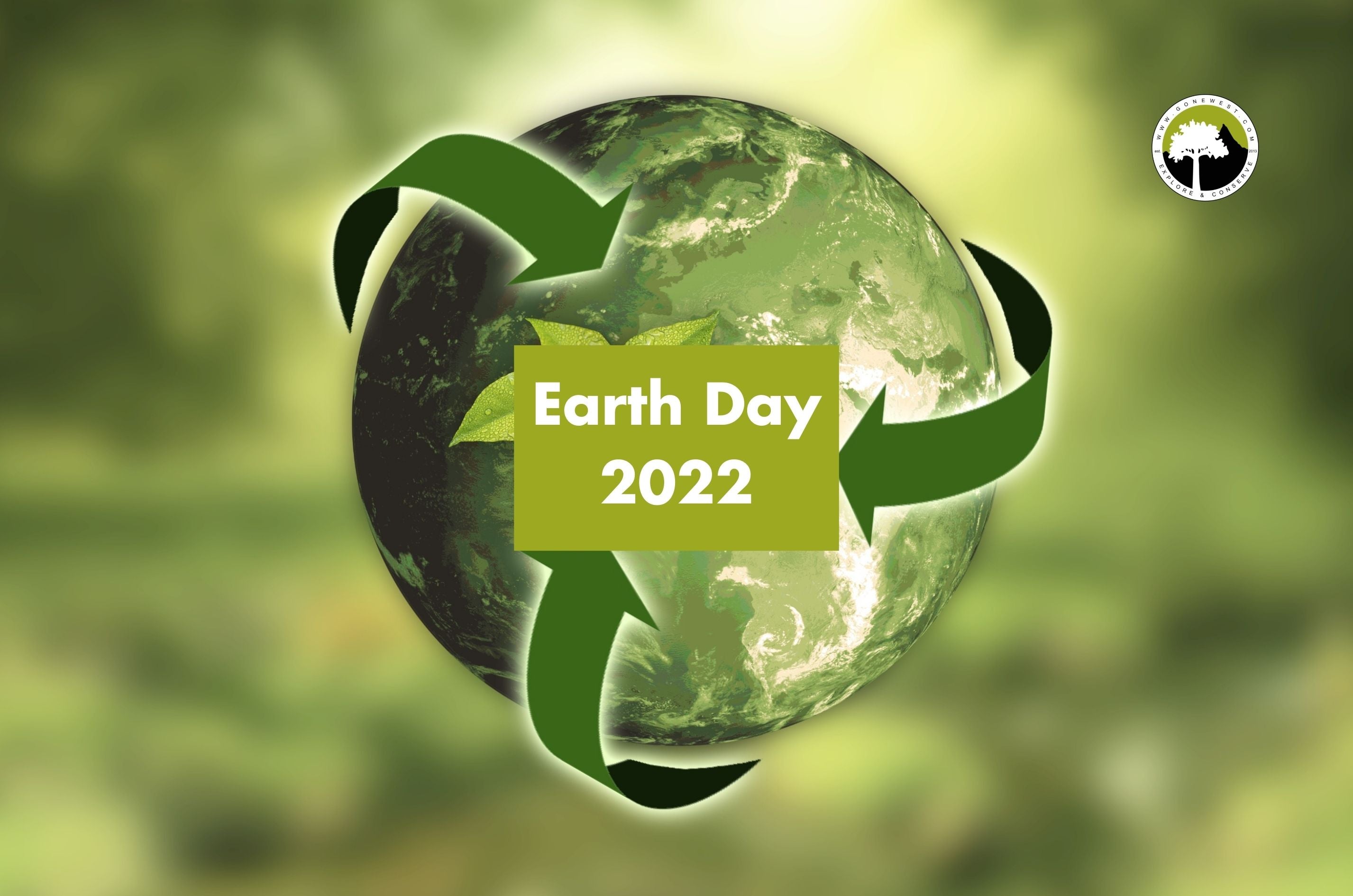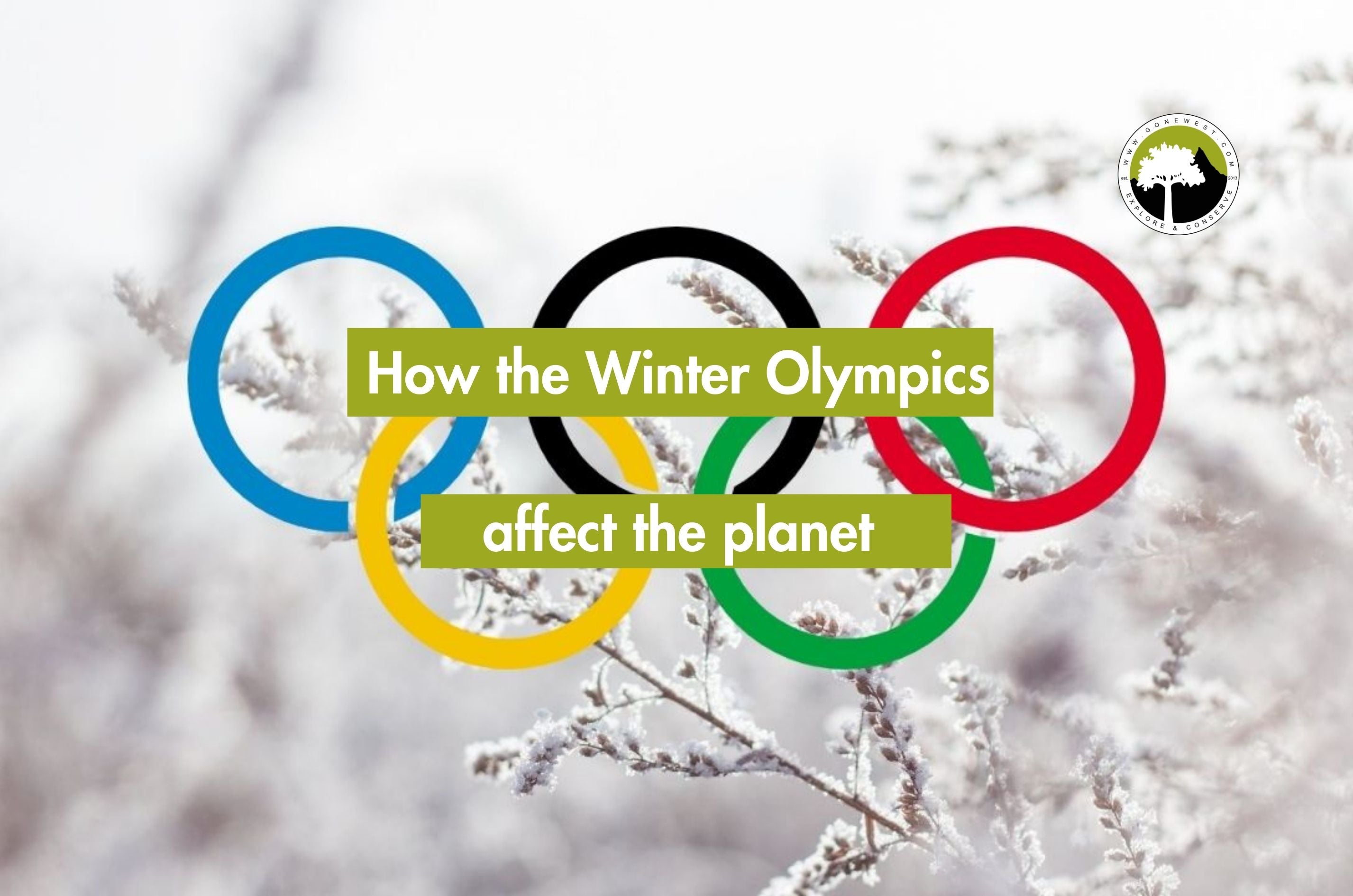We made it! It’s finally 2022! But before we get stuck into the new year, we need to take a look back at 2021.
The start of a new year is always a great time for resolutions and reflections. It puts things into perspective and generally makes us appreciate what we’ve got and highlights what we need to work on. Generally, this process is pretty introspective, but what’s stopping us from broadening our view and looking at our place in the world and the world itself.
Many things happened in 2021, good and bad. In order for us to have the best year, personally and collectively, we need to learn from our mistakes.
So let’s take a deep dive into the events of last year…
January
Early in the year, we already saw some record-breaking weather events.
- Record-breaking snowfall in Madrid
The heaviest snow that Madrid had seen in 50 years hit the city in the first few weeks of 2021. The city saw 20cm of snow and transport as well as daily life came to a standstill. Just to put this into perspective, the most amount of snow in a year for Madrid was only 9 days. It really doesn’t snow there.
- Storm Christoph hit the UK in the middle of the month
It’s not unusual for the UK to see rain, especially in the winter months, it’s even somewhat common to see floods. But Storm Christoph was the one of the wettest three-day periods on record. The flooding devastated homes and communities, leaving lots of people without power or even homeless. The horror didn’t stop there. Cold temperatures and snow followed the storm, freezing the already waterlogged roads, creating an icy death trap.
- Africa saw the hottest temperatures on record
Africa in January was a hot place to be – no really. The temperature was around 2.5ºC hotter in places than the average for January. That’s almost unheard of…
- Floods and…droughts?
Malaysia saw extreme flooding that led to 500’000 people needing to be evacuated and sadly at least six people losing their lives. While that was happening, Turkey saw devastating droughts, the most severe in a decade, that left people worried that they would run out of water.
Credit: Red Cross
- Joe Biden announced that the US will be rejoining the Paris agreement
It wasn’t all doom and gloom though. After being elected, one of the first things Joe Biden did was announce that the US will rejoin the Paris agreement. This was great news for the planet because the US is the second highest producer of greenhouse gases in the world, so they need to take action to slow down climate change.
February
January wasn’t the only month to see record-breaking cold spells…
- Texas snow storm
When you think of Texas, I’m sure deep snow doesn’t even cross your mind. But that was the reality in February 2021. Texans went without power and water for days because of burst pipes which were compromised by the extreme cold temperatures. 7 million people were told to boil their tap water before drinking it because the burst pipes left the water contaminated.
- Warmer than average global sea temperatures
February also brought record breaking temperatures to the oceans. Across the globe, the sea temperatures were much warmer than average. This is very concerning for the progression of climate change because warmer sea temperatures mean a warmer planet.
Credit: National Centers for Environmental Information
March
The third month of the year gave us a little bit of a respite after two torturous winter months. But it was still less than ideal.
- Dolphins found in New York’s East River
The first bit of positive news that March brought us was that Dolphins had made their way to the East River in New York. This followed a long term clean up, showing that we can help save the planet if we put a bit of effort in.
- Australia was hit by floods
More floods! But this time in the place most known for its wildfires and soaring temperatures. Thousands were forced to evacuate while flood water flowed into their houses, leading to 11,700 insurance claims. The number of extreme weather events in Australia have been increasing rapidly over the years, with devastating events being overwhelmingly present in the past four years.
- Dust storms in China
Facing the opposite problem to Australia, China was hit with an extreme dust storm. The dust combined with the high level of pollution turned the sky orange and made the air dangerous to breathe.
April
More depressing events and statistics…
- Typhoon Surigae
Also known as Typhoon Bising, the typhoon that hit the Philippines in April was the strongest ever recorded in the world for this time in the year, and was also one of the strongest on record ever. Despite this, very few news outlets reported the typhoon.
- Cyclone Seroja
Another intense tropical storm graced us with its presence this year. Cyclone Seroja was devastating. 160 people lost their lives and landslides and flash floods displace over 22,000 people. The cyclone even brought the highest ever daily rainfall to some places.
- Climate talks were underway
Governments around the world were scrutinised and forced to start important discussions. The German Supreme constitutional court found that the government’s plan for climate action will not be sufficient following widespread protest. A two day summit in the US led to lots of promises being made; they aim to cut their carbon emissions by 50-60% by 2030.
- The UK saw the sunniest April
In the UK, the weather was cold but generally quite pleasant. In fact, it was actually the sunniest April on record. This may seem like a nice, harmless thing, but a lack of cloud coverage leads to air and surface warming, thus contributing to global warming and the overall heating of the planet.
May
As we move towards the summer months, surely we’ll get some good news?
- Wettest May in the UK
Off the back of our record-breaking April, Wales decided to go for another record and had the wettest May on record, and the UK had it’s fifth wettest May also.
- “Sea snot” in Turkey…
A phenomenon previously unseen before 2007, a mucus like substance dubbed ‘sea snot’ lined the shores of Turkey. This substance is due to warming sea temperatures and is a direct result of climate change. The substance is actually phytoplankton which is usually great for the planet because it converts carbon dioxide into oxygen, but clumped together, it actually does the opposite. Although it is harmless itself, the phytoplankton clumps attract viruses and bacteria like E-coli to the shores… another pandemic, anyone?
Credit: Turkish Minute
- Meatless Monday for schools in France
A controversial yet positive step to tackle climate change was made by the minister of ecological transition in May. They passed a new climate law that required school children to have one meatless meal per week. This is great for the planet and for the health of the younger generation.
- Tropical Storm Ana
Joining the list of tropical storms to form before they should, Storm Ana formed in the Atlantic Ocean on 22nd May. This is the seventh consecutive year that a named tropical storm has formed before the official start of the Atlantic hurricane season. Thanks, global warming!
- Record-breaking heat
More record-breaking temperatures hit Asia in 2021. The whole of Asia saw the second hottest May on record after 2020 and Hong Kong had the hottest May ever.
June
If you thought the other months were bad, wait until you hear about June…
- More record-breaking temperatures
The hottest day in June ever recorded was last year. Moscow saw temperatures of 38.4ºC and California hit a staggering 49.6ºC on the mercury. It doesn’t stop there though! Europe and Asia had their second warmest June on record, and Africa, New Zealand, and the US had their warmest ever June.
- Arctic ice was at a low
Following the record breaking temperatures mentioned above, it is unsurprising to find out that Arctic sea ice coverage was 9% lower than the average at this point in the year. This is the sixth lowest coverage in recorded history.
Want to know more about the Arctic and how it’s changing? Read our article that takes a deep dive into the Arctic and it’s ice.
July
Want to know what was hot in 2021? July was!
- Record-breaking surface temperatures
We bet you’re tired hearing about all of these records being broken in 2021? Don’t worry, we are too! But July 2021 saw the hottest ever average global surface temperature since records began.
- Deadly floods
Along with droughts and wildfires caused by the extreme temperatures, there was mass flooding worldwide. Downpours in India led to 115 deaths, and floods in Germany led to more than one hundred deaths.
August
Things are heating up still…
- Wildfires in Europe and Russia
Huge wildfires tore through Europe, hitting Greece, Turkey, and Italy the worst. More than 580 fires broke out in a seven day period and Greece’s second largest island had to evacuate entirely. Europe is used to being hot in the summer, but Russia’s coldest region, Siberia, also saw 9 million hectares of forest burn.
- A few environmental wins
Some positives happened in August 2021 though. Australia’s solar power generated more energy than coal for a day for the first time ever. As well as that, Sweden made ‘green steel’, which is steel that is manufactured without coal.
September
Coming out of the summer months and moving into the autumn would usually lead to milder conditions, but 2021 had something else in mind. We also saw more protests and climate action take the forefront of the news.
- “Blah, Blah, Blah”
Greta Thunberg called out world leaders’ climate action plans in September, saying that they promise lots of things without follow through. This comment was provoked by the statistic that carbon emissions are still set to rise by 16% by 2030.
Credit: Business Insider
- Insulate Britain protests
An uproar in the UK arose when Insulate Britain protesters took the motorways and blocked the roads to try to incite change. The media demonised them and many felt that they were being selfish by disrupting peoples’ commutes to work. However, they were only trying to create good change and the only real solution would be for the government to create a proper action plan to create this change.
- The energy crisis
The UK energy crisis started to arise in September, fuel prices rose and energy companies were going into liquidation. This put pressure on China’s coal industry.
Thinking about switching to green energy? Read our article that looks at the best green energy suppliers and explains how to make you home as sustainable as possible.
October
Although the temperatures were getting colder, they were still above average for this time of year.
- Record-breaking temperatures
There it is again, that subtitle we’ve got all too familiar with in this article. Autumn in the UK was the third warmest on record, with Northern Ireland actually having the hottest season ever.
- Positive chart topper for the transport industry
Tesla became the first ever electric car to reach the top of the charts in Europe. This sets a great precedent for the future and paves the way for a greener transport industry.
November
The climate action didn’t all happen in September, this month saw global leaders travel from all around the world to discuss their climate plans.
- COP26
The biggest event on the climate calendar, COP26. World leaders travelled to Glasgow to discuss plans and make promises while protesters and activists took to the streets to inspire real change. $130 trillion was promised to help the world reach net zero emissions, one of the many promises made at the event.
Credit: UK GBC
Want to know how Gone West participated in COP26? Read our article that explains everything!
- Antarctic ice at an all time low
While world leaders sat in a big room and talked about the planet, the Antarctic saw the second lowest levels of ice coverage ever recorded. It was 6% below average and was second to only November 2016.
December
We finally made it to the end of the year, but what did December have in store for us?
- Typhoons in the Philippines, again
A super typhoon hit the Philippines in December. 120mph winds hit the country leaving 500 people injured and 375 confirmed dead. The military had to evacuate some 400,000 people to safety.
- More record breaking temperatures
Although it didn’t happen in 2021, The World Meteorological Organization discovered that the Arctic temperatures hit an all time high in the summer of 2020. They reached 38ºC. In the Arctic.
Where do we go from here?
Every year we are seeing more and more extreme weather events and temperatures and it’s no coincidence. Our planet is suffering because of our selfishness. But there is still hope.
If we just change small parts of our lifestyle, we can change the world for the better. Make more conscious decisions when it comes to food, transport, and energy, and hold those with power responsible.
2022 can be a year of positive change, all we have to do is change.
That’s all for now. I hope you have enjoyed reading our blog. Join the sustainable revolution to help save our natural world and our future by following us on Instagram and by subscribing to our monthly newsletter for updates.
Stay in the loop
Subscribe to our newsletter.
Everyone loves to get away, especially after two long years of a global pandemic. From city breaks to countryside getaways, we’re all itching to get out and about and [...]
June 23, 2022
Zero-waste living has been on the rise for quite a fews years. The movement started gaining traction when the public were made more aware of the severity of the [...]
May 15, 2022
As the world is getting back to normal and we’re beginning to travel more freely without restrictions, it’s a good time to start thinking more eco-consciously when planning your [...]
April 30, 2022
We’re sure that you, like us and many other people, are entirely burned out by bad news. Whether it’s bad news about politics, the economy, or the environment, we’ve [...]
April 14, 2022
We’re a few weeks into the Winter Olympics, with people from all over the world participating, attending, and tuning in. The event is all about celebrating people and their [...]
February 17, 2022

